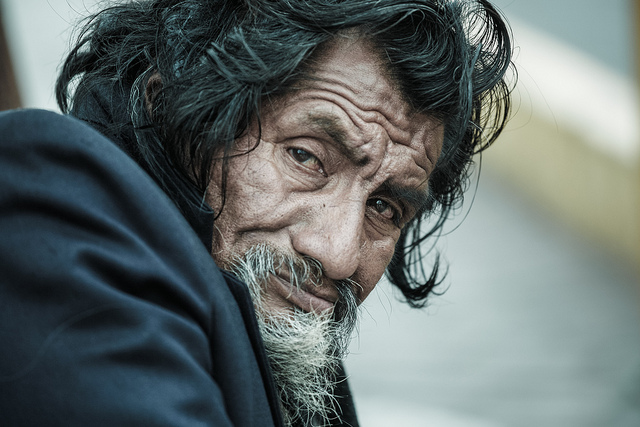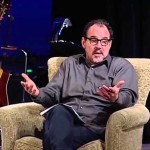We run our website the way we wished the whole internet worked: we provide high quality original content with no ads. We are funded solely by your direct support. Please consider supporting this project.

Speaking of “the Poor”
D. L. Mayfield wrote this guest post on Love is What You Do titled The Language of Poverty. How do we think of and interact with “the poor” on a daily basis? Here’s some good insights should impact our lives as Kingdom people.
From the article:
Words like “the poor” mean something. They are rich, compelling phrases that ask us to stop what we are doing and sit for a minute in the real world. For there is a veil here, one that we have been building up ever since the beginning of time: that the whole world is a set of isolated peoples, far-away issues, unknown and unavoidable tragedies. We are ourselves oppressed by our own world which is manic in its pursuit to ensure us that yes indeed we are happy with things the way they are. But some of us are not convinced. Because, deep down, we know. There is still the divide to bridge, there is still the call for the people of God to rise up and take notice, to welcome, to care for the poor.
Image by Alex Proimos. Sourced via Flickr.
Category: General
Tags: Kingdom Living, Poverty
Related Reading

Sermon Clip: Dear Abby
In this short sermon clip, Greg Boyd discusses Matthew 7. The infamous “plank in your own eye vs a speck of dust in your neighbors. He clarifies what this verse means when you have a close friend with an issue that you are helping them with. In the full sermon of Heart Smart our team…

Prayer Matters
Martin Sharman via Compfight Jesus taught us to pray in a way that recognizes that God’s will isn’t manifested in evil; it’s manifested when he and his people revolt against it. Jesus tells us that the cry of our heart is to be for God’s kingdom to come and his will to be done “on…

The Coming Kingdom & Racial Conflict
In the book of Revelation, we see a glimpse into the future. John says he saw, …a great multitude that no one could count, from every nation, tribe, people and language, standing before the throne and in front of the Lamb. They were wearing white robes and were holding palm branches in their hands. And…

We Are All Weird Adopted Kids
Russell D. Moore wrote a thoughtful response to Pat Robertson’s recent comments on various men’s refusal to get involved with a certain woman because of her internationally adopted children. As a people who are all beneficiaries of adoption by God who have also been commanded to lovingly care for the “least of these”, this is…

The One True Source
In the weeks to come, I’d like to share some thoughts on each of the nine convictions (expressed in A ReKnew Manifesto) that ReKnew seeks to promote. The ReKnew team is convinced that this “Manifesto” articulates aspects of the Kingdom that were largely neglected or misconstrued in traditional Christianity, but that will characterize the new Kingdom…

Kingdom Reconciliation is Not About Politics (But it is Political)
In the broader culture, the social and political discussions about racial reconciliation are usually focused on people’s rights and privileges as a means of making the world a fairer place. The criteria such efforts at reconciliation appeal to are common decency, fairness and reason. The enterprise is certainly necessary, and all decent, fair minded, rational…
